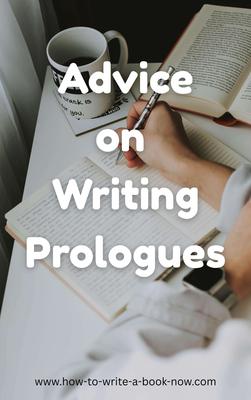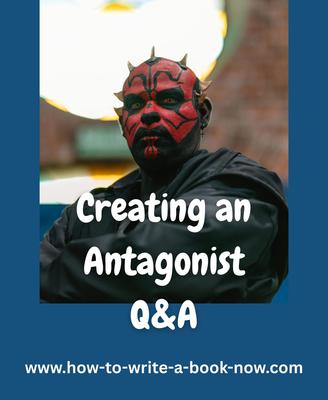More on Multiple POV
by Dunn
(Nashville)
Question I am writing a Sci Fi Fantasy type novel. Most of my ideas for it are in 1st person, present and seem to really work like that. However, there are some scenes that need to take place in another part of the Universe away from my main character. I was thinking about switching to omniscient for those scenes. But I see that when you talk Multiple POV, you say it must be either third person, limited, or first person. Why not omniscient?
Answer: You're quite right. There's no rule that says you can't switch to omniscient for those moments. It's simply that omniscient has become less popular in recent decades.
We can speculate on why. Omniscient gives readers the experience of being able to understand the big picture of what's going on in the story world. It's about looking at the characters from an outside perspective, like a king or god.
Omniscient was popular for most of history when the average person, even an educated person, had a very limited understanding of the world outside their immediate community. Only rulers looked at people objectively, so they could manipulate them. Sociology, psychology, economics, and the other social sciences were fascinating fields when they emerged because they offered people new insights into the invisible forces that shaped the human world.
Today, thanks to mass media and especially the internet, it is easy for people to get bombarded with too much information--much of it contradictory, biased, and unreliable. "Personal reality" at the expense of objective truth seems to offer security to many people, no
So now the subjective experience seems to be more desired in fiction. First person and third person limited have become the dominant forms of narration.
One also comes across a lot of books that offer a kind of hybrid: narration via multiple points-of-view.
Multiple POV books tell the story through a variety of subjective experiences. The reader gets to pretend to be a number of diverse characters. Sometimes each POV is intensely personal. However, the consequence of assuming so many viewpoints is that, at the end of the book, when the readers step back and consider the whole of what has been read, they are forced to take a more objective stance--as they must with omniscient narration. It's like going through a process of repeated associative-disassociative experiences, or like a series of relationship break-ups.
Now, what you're proposing is probably less jarring. If you're just doing a few scenes in omniscient, the effect may be like a having an occasional withdrawal from the subjective experience of being the main character in order to gain a wider perspective on the story or to create dramatic irony.
The interesting thing to consider is not just what information or events the reader may learn about in those moments, but what they might reveal about the main character.
It also raises the question of who your omniscient narrator is and what voice they will use. (Many readers won't care, but a few may find the switch annoying.)
You just have to trust your instincts, and possibly your critique partners.
Comments for More on Multiple POV
|
||
|
||
|
||
|
||
|
||
|
||
|
||
- Home
- Writing Questions
- More on Multiple POV















